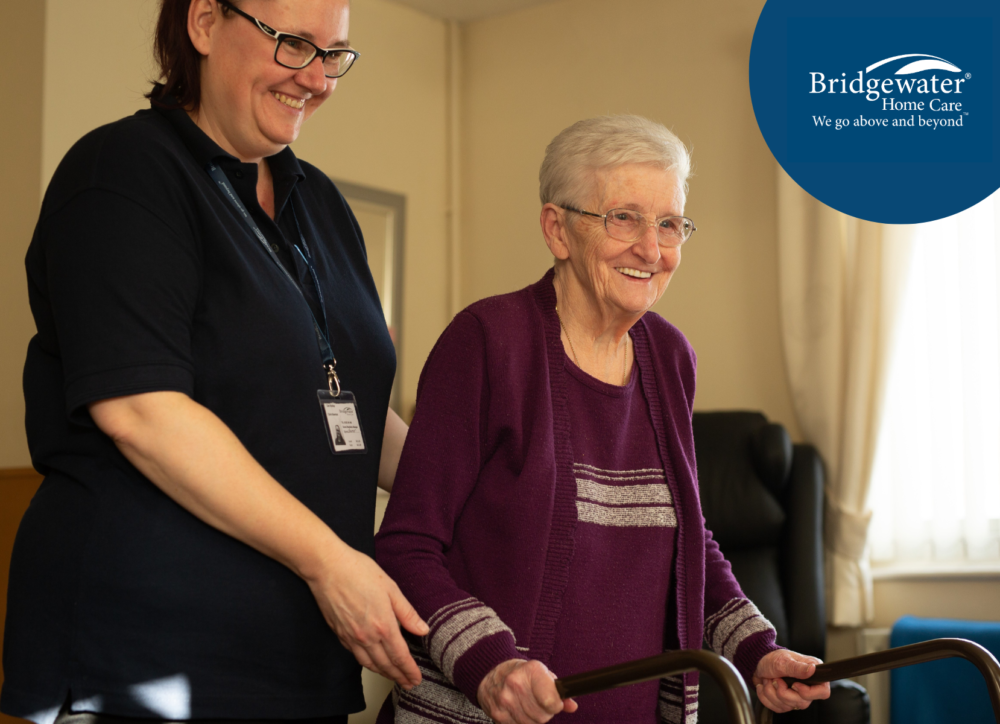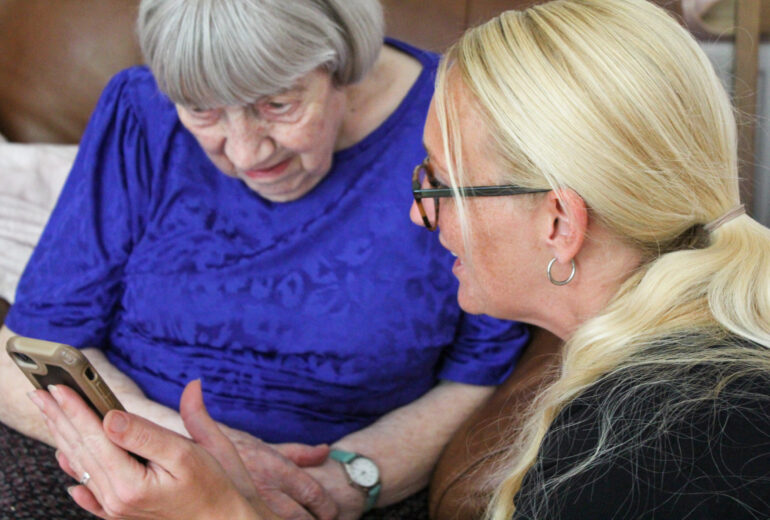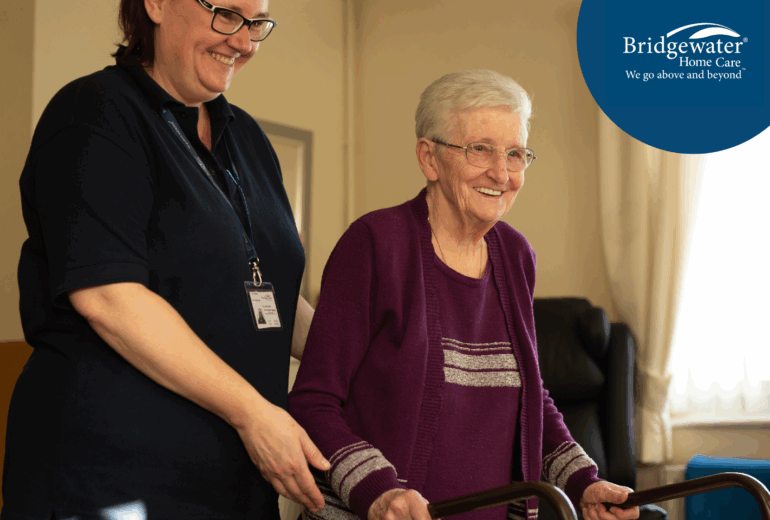Coping with dementia: When should dementia patients go into a home?
Dementia is a progressive condition that affects memory, thinking, and behaviour, often requiring increasing levels of care as the disease advances.
Deciding when a dementia patient should move into a specialised care home is a challenging and emotional decision for families.
However, there are alternatives to moving your loved one into a care home; you may decide that in-home care is more beneficial, allowing the individual to receive high-quality care in the comfort of their own home.
Coping with dementia: 5 Signs It’s Time to Seek Professional Care
1. Safety Concerns: As dementia progresses, your loved one may exhibit behaviours that compromise their safety.
Coping with dementia may result in patients wandering around, forgetting to turn off appliances, or mismanaging medications can pose significant risks.
If the patient is frequently falling or having accidents, it indicates a need for a safer environment with supervision.
When safety becomes a primary concern, it might be time to consider professional care.
2. Caregiver Stress: Caring for a loved one who is coping with dementia can be physically and emotionally draining.
If you are experiencing physical and emotional exhaustion, depression, or health issues, it’s crucial to prioritise your well-being. Professional care homes can provide respite and peace of mind.
If the patient’s care needs have surpassed what family members can provide, professional care ensures they receive the appropriate level of support and medical attention.
Bridgewater Home Care can relieve the burden on family members coping with dementia and offer advice and support.
3. Progression of Symptoms: Dementia symptoms worsen over time, making everyday tasks increasingly difficult.
Declining physical health, weight loss, dehydration, or frequent hospital visits are signs that the current care arrangement may no longer be sufficient.
When patients coping with dementia struggle with basic activities such as bathing, dressing, eating, or going to the toilet, professional care may be necessary to ensure they receive the assistance they need.
At Bridgewater Home Care, we ensure to aide dementia patients whilst maintaining their dignity.
4. Behavioural Changes: Significant behavioural changes, such as increased aggression, agitation, or paranoia, can be challenging to manage at home.
Specialised care homes have trained staff and therapeutic approaches to handle these behaviours effectively.
5. Social Isolation: Coping with dementia can lead to social withdrawal and isolation. Professional home care provides opportunities for social interaction and structured activities, helping to improve the patient’s quality of life.
Bridgewater Home Care offer companionship services to alleviate the stress of coping with dementia and provide meaningful interaction for those who may be isolated.
Coping with dementia: 4 Benefits of Professional In-Home Care
1. Specialised Care: In-home care for patients coping with dementia provides trained staff and resources to handle the unique challenges of the condition.
They provide personalised care plans tailored to each patient’s needs.
Bridgewater Home Care offer award-winning specialised care, ensuring that your loved one is paired with the perfect carer.
2. Social Engagement: In-home care offers structured activities and social interactions, which can improve cognitive function and overall well-being.
3. Medical Supervision: Regular medical care and supervision are available, ensuring that any health issues are promptly addressed.
4. Support for Families: In-home care provides support and counselling for families, helping them cope with the emotional aspects of the transition and maintain a positive relationship with their loved one.
Deciding when to provide in-home care for a patient coping with is a complex and personal decision. It involves evaluating the patient’s safety, the caregiver’s well-being, and the progression of symptoms.
By recognising the signs and understanding the benefits of professional care, families can make informed decisions that prioritise the health and happiness of their loved ones.
Transitioning to in-home care can provide the specialised support needed to enhance the quality of life for both patients and their families.
Speak to Expert Dementia Care Providers
At Bridgewater Home Care, we provide specialist dementia support, such as routine planning, medication assistance, and meal planning, as well as enriching patients experience with music and arts and crafts therapy.
Get in contact with our dedicated care specialists on behalf of a loved one, or if you need advice or support: 01384 590 020.










